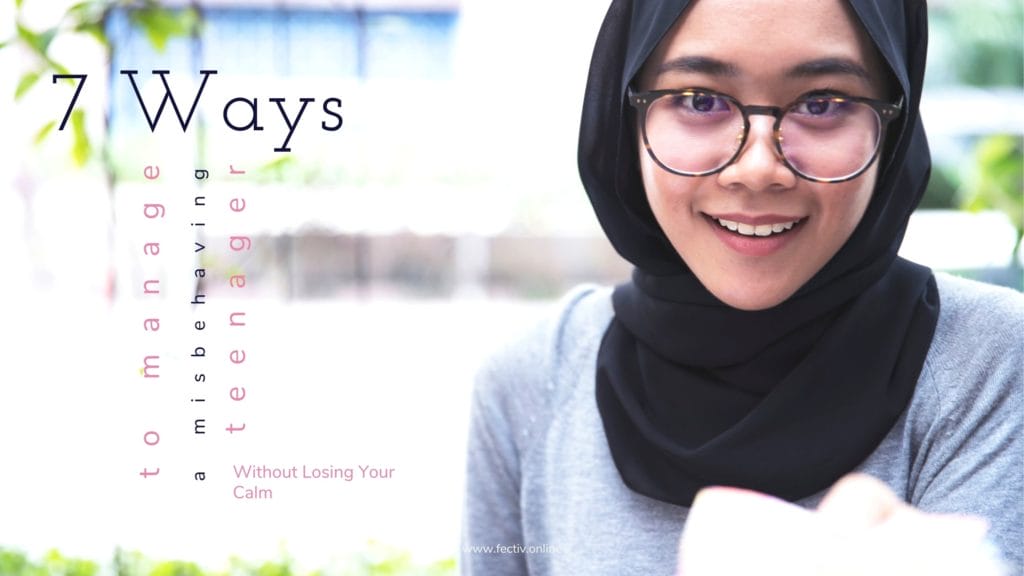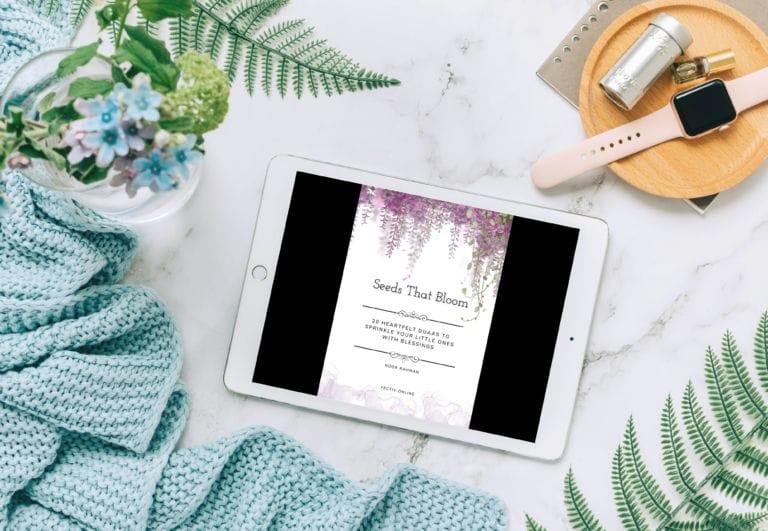
Boundaries Without Guilt: A Sunnah Approach
Assalamu alaykum, dear sister. Have you ever felt torn between wanting to say “no” for your own peace of mind, but then drowning in guilt right after? If so, you’re not alone. Many Muslim mothers struggle with the idea of boundaries without guilt because we’ve been conditioned to believe that saying no means we’re being harsh, selfish, or ungrateful.
But here’s the truth: boundaries in Islam are not only allowed — they’re encouraged. The Prophet ﷺ himself taught us moderation, fairness, and balance in every aspect of life. Without boundaries, we burn out. With boundaries, we preserve our health, protect our children’s rights, and fulfil our duties to Allah.
So let’s ask: How can we, as Muslim moms, set boundaries in a way that is gentle, Islam-rooted, and free of guilt?
Boundaries Are Sunnah: Why They Matter
Allah says:
“And thus We have made you a justly balanced nation…” [al-Baqarah 2:143]
This verse isn’t just about worship — it’s about how we live day-to-day. Boundaries are part of that balance. The Prophet ﷺ said:
“Your body has a right over you, your eyes have a right over you, and your family has a right over you.” (Bukhari, 1874)
This hadith proves that boundaries are not selfishness. They are justice. When you honour your own limits, you’re giving everyone — including yourself — their due rights.
Common Myths Muslim Moms Believe About Boundaries
1. “If I say no, I’m being unkind.”
Reality: Saying yes to everything can actually be unkind, because it leads to resentment, exhaustion, and neglecting other obligations.
2. “My kids will feel unloved if I set rules.”
Reality: Children thrive with limits. Research shows kids raised with consistent, loving boundaries develop stronger self-control, higher confidence, and less anxiety.
3. “Islam requires me to sacrifice endlessly.”
Reality: Islam requires balance, not burnout. You are rewarded for giving each person their right, not for collapsing under endless demands.
Boundaries Without Guilt in Parenting
As mothers, we often confuse guilt with goodness. Yet, guilt isn’t always a sign of righteousness — sometimes it’s a sign of conditioning.
The Prophet ﷺ showed us boundaries with love. For example, he would shorten his prayers when he heard a child crying (Bukhari, 707). That’s a boundary — balancing worship with the needs of family.
Examples for Muslim Moms:
Screen time: Limiting devices in the home isn’t harsh; it’s protecting your child’s iman and wellbeing.
Your time: Saying “I need 15 minutes to make dhikr before we start homework” is modelling self-care rooted in deen.
Discipline: Enforcing bedtime isn’t cruelty; it’s mercy, because tired kids struggle the next day.
The Sunnah Approach to Saying No
Allah says:
“Help one another in righteousness and piety, but do not help one another in sin and transgression.” [al-Maa’idah 5:2]
This verse teaches us that sometimes the most merciful response is a firm no.
Tips for Saying No Without Guilt:
Anchor in intention: Ask, “Am I setting this boundary for Allah’s sake?” If yes, move forward with peace.
Be gentle, not apologetic: Say, “I love you, but I can’t do that right now. Let’s do this instead.”
Model balance: When kids see you saying no respectfully, they learn self-respect.
Remember reward: Protecting your health and time is ibadah when done with sincerity.
Boundaries Strengthen Relationships
Many mothers fear that boundaries will distance them from loved ones. In reality, the opposite is true. Clear, consistent limits foster trust.
Studies in child psychology consistently show that children raised with firm but kind boundaries feel safer and more loved than children with no structure at all. They know what to expect, and that stability reduces anxiety.
Even with adults, boundaries protect ties. The Prophet ﷺ said:
“The strong man is not the one who can overpower others. Rather, the strong man is the one who controls himself when he gets angry.” (Bukhari, 6114; Muslim, 2609)
Boundaries are a way of practising this self-control.
Avoiding Extremes: Balance Is Key
Shaykh Ibn Taymiyyah (rahimahullah) warned against two extremes: being too strict (treating what is mustahabb as wajib) or too careless (neglecting obligations). The Prophet ﷺ also said:
“Beware of going to extremes in religion, for those before you were destroyed by this.” (al-Nasaa’i, 3057)
So when setting boundaries:
Don’t make everything a rule (that causes rebellion).
Don’t make nothing a rule (that causes chaos).
Stay on the middle path of love + limits.
Practical Steps for Muslim Moms
1. Reflect on Your Priorities
Ask yourself: What does Allah require of me right now? Salah, health, children’s tarbiyah — these are non-negotiables. Everything else is secondary.
2. Communicate Clearly
Instead of long explanations, keep it simple. Example: “Bedtime is 9 pm. I love you, and this helps you grow strong.”
3. Anticipate Pushback
Boundaries may meet resistance at first. That’s normal. Be patient and consistent, and over time your children will adapt.
4. Use Dua
When guilt creeps in, make du‘a: “O Allah, help me give everyone their due rights without injustice.”
A Gentle Reminder for the Overwhelmed Mama
You don’t need to feel guilty for setting boundaries. True guilt is for disobeying Allah, not for saying no to extra playdates, late-night chores, or endless demands.
Boundaries are mercy. Boundaries are Sunnah. And boundaries will help you raise calmer, more confident children in shaa Allah.
Further Resources
If you’re ready to dive deeper into this topic, here are two resources designed to help you reclaim calm confidence:
🌱 Islamic Parenting Course — A step-by-step guide for Muslim moms to parent with peace and purpose.
🩵 Overwhelmed to Empowered: A Muslim Mom’s Calm & Confidence Journey — A soothing audio course with Islamic reminders, gentle parenting strategies, and du‘a to help you heal from overwhelm.
Conclusion
Boundaries without guilt aren’t just possible — they’re Sunnah. By following the Prophet’s ﷺ example of balance, mercy, and wisdom, you can protect your energy, nurture your children, and strengthen your family ties.
Remember, sister: saying no doesn’t make you less loving. It makes you just, balanced, and faithful to the trust Allah gave you.
“Allah does not burden a soul beyond what it can bear.” [al-Baqarah 2:286]
And Allah knows best.




